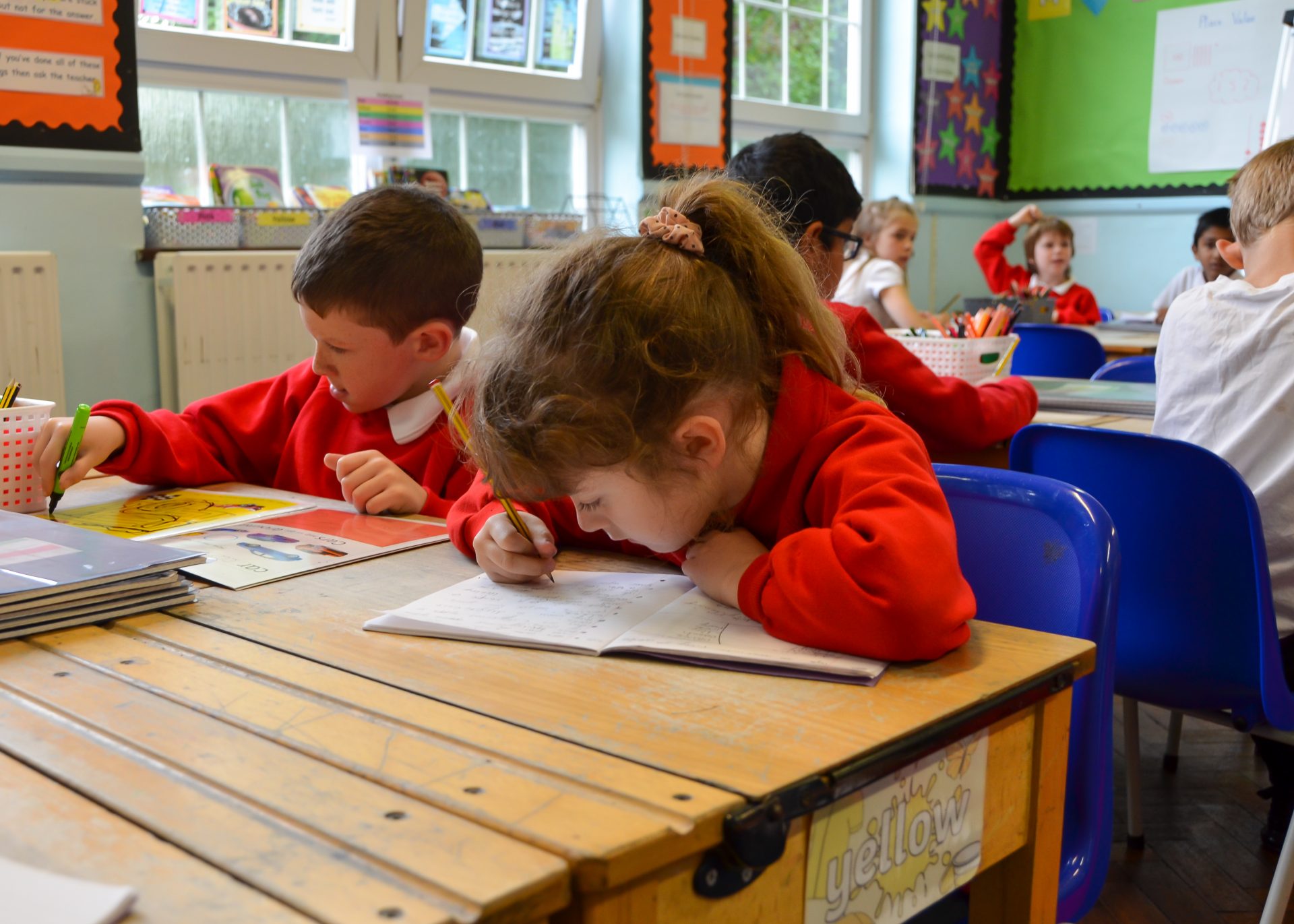
Behaviour
Behaviour for Learning is about behaving in a way that enables you to learn best – e.g. looking, listening, being ready, etc., and behaving in a way that enables those around you to learn best. As a school, we instill the values of love, dignity,…
Behaviour
Behaviour for Learning is about behaving in a way that enables you to learn best – e.g. looking, listening, being ready, etc., and behaving in a way that enables those around you to learn best. As a school, we instill the values of love, dignity,…
Behaviour for Learning is about behaving in a way that enables you to learn best – e.g. looking, listening, being ready, etc., and behaving in a way that enables those around you to learn best.
As a school, we instill the values of love, dignity, integrity, confidence and learning; with the biblical principal of treating others in the way in which you expect to be treated. Thus, how we conduct ourselves is important in many ways.
With a focus on our 3 school rules- Being Ready; Be Respectful; Be Safe- children are given clear and simple expectations for behaviour here at Holy Trinity. Children understand that to gain fully from the curriculum they need to ‘Be Ready’ which covers everything from their focus, to having the correct equipment ready to learn. Being ‘Respectful’ ensures children are using good manners and kind words to all adults and children whilst developing a greater understanding of what ‘respect’ is as an expectation here at Holy Trinity. Be Safe encompasses children’s play out in the playground in addition to the way in which they conduct themselves within the school in a safe manner.
We recognise good choices in behaviour for learning and praise children regularly. In lower KS2 staff use an online point system where children can use a points system to earn points individually or as a class for positive behaviour and effort/ accomplishments in their work in addition to being a good friend, having empathy, helping others etc. Each year group uses the system according to the needs of the class. Every week teachers select children from their classes to go into the golden book, this may be for a piece of work, good behaviour or an act of kindness that a child has displayed.
With low level behaviour issues, everyone follows a reminder-warning-consequence system. In the first instance staff will remind a child when their behaviour is not in line with the rules of the school; if this does not improve a warning is then issue by the teacher. After a third instance of the same behaviour, the teacher will discuss this behaviour with the child after the lesson or it may be that there is a need to send the child to reflect and repair (R and R) at lunchtime.
Reflect and Repair takes place every lunchtime. The purpose of this time is for the children to reflect on their behaviour and think about the impact of their actions. This then gives the children the opportunity to think about how to ‘repair’ the issue so that they can move forward and it not happen again. Reflect and Repair works alongside the ‘Restorative Practice’ approach. Here at Holy Trinity a number of our staff are trained in ‘Restorative Practice’ and the concept behind it. Through using ‘Restorative Practice’ we get children to reflect on 5 key questions and think about the wider impact of the behaviour choices they make:
- What happened?
- What were you thinking when..? And how were you feeling inside?
- Who do you think has been affected by what has happened, and how? What are the ripple effects?
- What do you need to be able to move forward?
- What do you think needs to happen next to put things right?
More severe behaviours such as fighting, swearing, bullying, sexual, disabled or racial abuse are dealt with in line with the Equalities policy; first checking a child’s understanding and may result in a child being sent to ‘Reflect and Repair’ straight away. These allegations are thoroughly investigated and logged by the leadership team in addition to all parents involved being contacted.
When children are struggling with regulating their behaviour, whether it be inside the classroom or out in the playground, behaviour plans may be used as a means of helping children to calm and focus on earning rewards through the meeting of targets that are set. If the school are worried or concerned about a child’s behaviour, we will contact parents and look to work collaboratively to find the best way to support the child.
We may use Temporary class moves (TCMs) when necessary in instances where children are consistently not following rules and instructions set by members of staff. This will involve children working in another class for the day and in some cases longer, depending on the behaviour that has taken place. We may use an internal exclusion which apply to children who are rude and defiant to staff, those pupils whose behaviour harms the education or welfare of them themselves or others in the school and pupils who display persistently poor behaviour. The ultimate sanction is exclusion and will be used if necessary after all other options have been explored.
